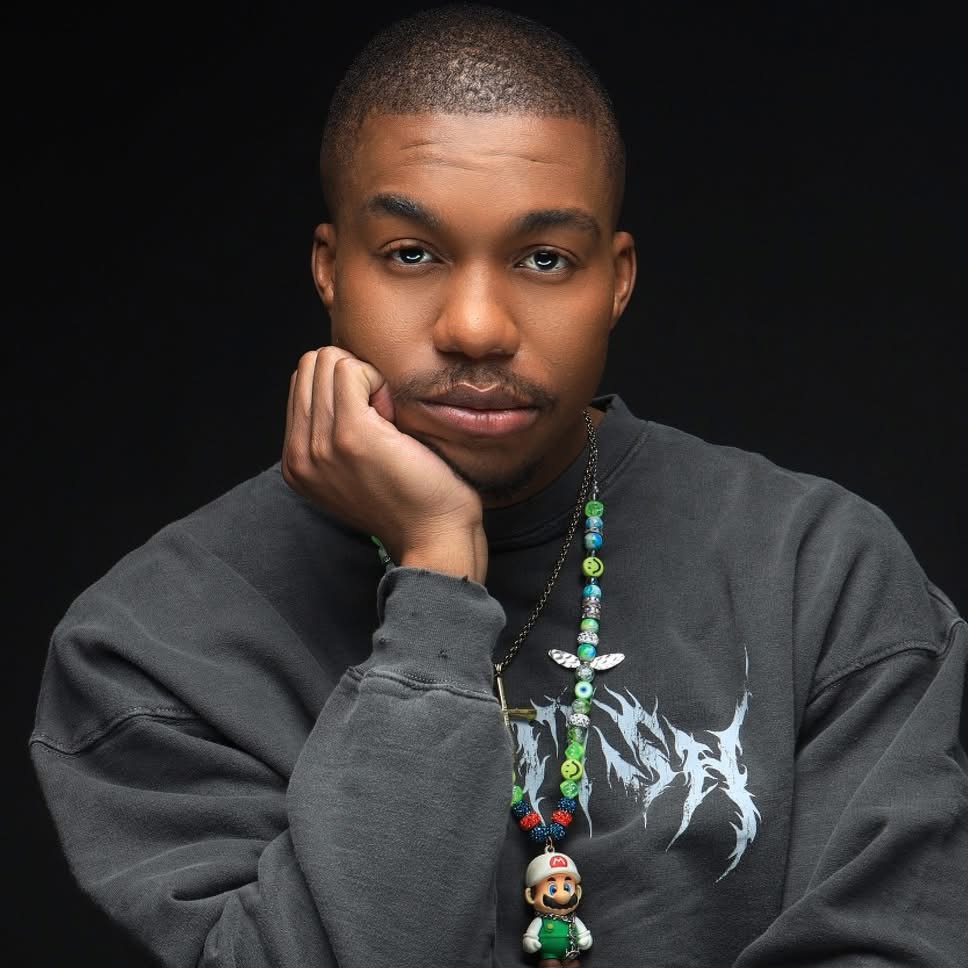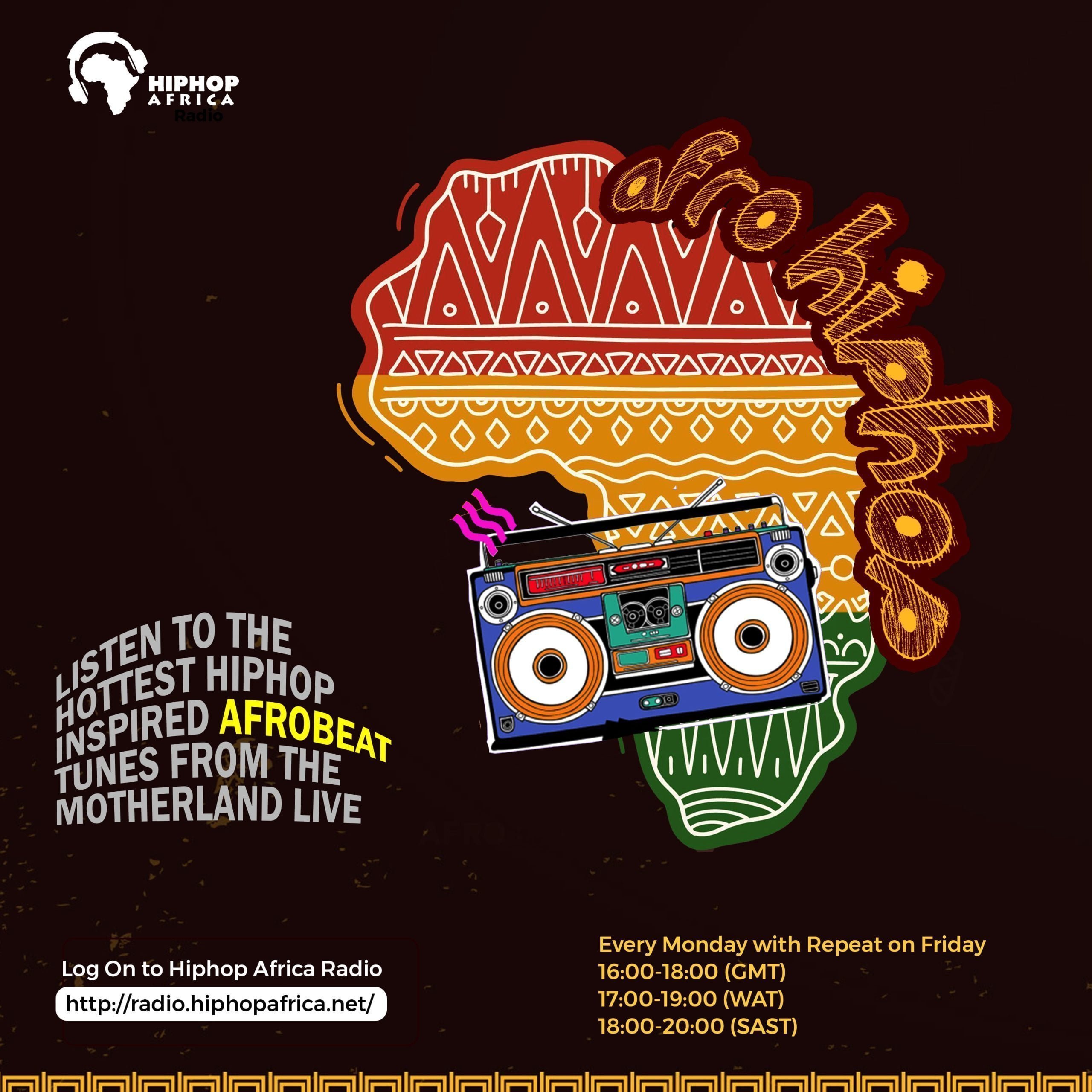DJs in Hip Hop play a vital role, they are the curators of compelling collaborations, the storytellers of the streets and the architects of Hip Hop culture. In fact, even DJ albums have always been the unsung pillars of hip hop culture, a melting pot of collaboration, discovery, and pure artistry. From their early days igniting block parties to curating genre-defining projects, DJs have stood at the crossroads of creation and curation. Their albums act as cultural snapshots, bringing together diverse voices into a unified, resonant soundscape. Think DJ Khaled, the hitmaker extraordinaire, bridging unlikely collaborations like Migos and H.E.R., crafting anthems on albums like Major Key and Father of Asahd. As a producer, curator, and connector, Khaled became a cultural linchpin, proving that DJ albums transcend mere music, they’re movements, and mosaics that reflect the evolving nature of the genre. At their best, these projects embody hip hop’s spirit of collaboration and innovation, bringing diverse voices together to create something uniquely greater than the sum of its parts.
But what about here at home, in South Africa? How have our DJs embraced this art form, and more importantly, how have they shaped its narrative?
South Africa’s Relationship with DJ Albums
For a golden moment, from 2014 to 2016, South Africa experienced a renaissance of DJ albums. It was the era when DJs like DJ Dimplez, DJ Switch, DJ Speedsta, and DJ Citi Lyts emerged as architects of collaboration. Beyond spinning records; these DJs were fostering connections, building bridges across styles and regions, and amplifying voices that might have otherwise gone unheard.
Take a walk down memory lane. Remember Mayo by DJ Speedsta? A record that not only dominated radio but introduced us to Shane Eagle and Frank Casino. Or DJ Dimplez’s Way Up, an instant classic that brought kasi rap to the forefront? These tracks were the soundtrack of a culture rising.
As I reminisce, I can’t help but think about how these albums connected me personally to the culture. Tracks like DJ Sliqe’s Do Like I Do gave me my first taste of Kwesta’s kasi brilliance whilst bringing kwaito nostalgia with the addition of Flabba’s verse, while DJ Vigilante’s God’s Will opened my ears to AKA and K.O’s cosmic synergy birthing a strong collaboration( think of Run Jozi) . Through these collaborations, these DJs were doing more than making music, shaped narratives, shed a light on talent, and curated cultural moments that have lived far beyond their time on the charts. Beyond being curators, DJs were the true A&Rs, connecting the dots in a way that reshaped the industry and introducing us to new talent.
2024: The Revival of DJ Albums
Now, after a period of relative quiet, DJ albums are back, and they’re demanding more attention. While the format waned in recent years, its influence still lingers. I believe a revival is brewing in South African Hip Hop, led by two visionaries: DJ Sliqe and DJ Clen. In fact, this revival has sparked so much controversy and attention, with fans pinning the two DJs against each other.
DJ Sliqe: A Legacy in the Making

When you talk about consistency and vision in South African hip hop, DJ Sliqe is a name that commands respect. From his early days with Injayami Vol. 1 to his groundbreaking collaborations like Champion Music with Maglera and 25K, Sliqe has built a catalog that’s both timeless and forward-thinking.
His latest offering, Injayami Vol. 3, is a masterpiece of duality. The album’s two sides are a perfect metaphor for the diversity of South African hip hop. Side A dives deep into pure hip hop lyricism, featuring heavyweights like Cassper Nyovest and Emtee alongside emerging talent like The Qwellers. Side B, on the other hand, pays homage to the vibrant, bass-heavy Afro Kwaito sound that fuels dance floors across the nation. Together, the album tells a story of South African Hip Hop culture that thrives in its contrasts.
What makes Sliqe truly remarkable, though, is his ability to stay relevant while pushing boundaries. Each track is a celebration of South African identity—layered with dialects, sounds, and textures that feel like home. I mean, who ever pictured The Big Hash rapping in vernec, Dj Sliqe has made that happen with Injayam Vol 3 on the opening track titled “Family Binnis”.
DJ Clen: The Alchemist of Vibes

DJ Clen burst onto the scene in 2023 with Viral, a project that turned heads for its sharp storytelling and seamless collaborations. Executive-produced by A-Reece, Viral was an introduction to Clen’s artistic philosophy: to bring together the old and the new, the polished and the raw. This release was led by the release of “Rollin” a groovy summer song featuring the Mataboge brothers, A-Reece and Jay Jody and Alexandra’s RnB sweetheart, Marcus Harvey. This single, is what made DJ Clen the vibe alchemist.
With his latest project, Too Viral, Clen doubles down on his role as a tastemaker. The album boasts a lineup that balances heavy hitters like Stogie T and Blxckie with up-and-coming voices like Kane Keid and K-Rev. The result is an album that feels fresh, thoughtful, and unmistakably hip hop. Clen understands something fundamental about music: it’s not just about who’s hot right now but it’s about who’s got something to say. He delivered collaborations that raised eyebrows, imagine seeing A-Reece and Moozlie on a record together? I wouldn’t have pictured that but their collaboration on “Tiffany Blue” was nothing short of amazing. And that’s what DJs do, they open our ears to collaborations we thought weren’t possible.
Why DJ Albums Matter More Than Ever?
This revival of DJ albums couldn’t have come at a better time. South African hip hop is at a crossroads, battling for airtime against AmaPiano while working to redefine its commercial identity. But this is also a moment of opportunity—a moment when the genre’s resilience and creativity are shining through.
New voices like KindlyNxsh, Kane Keid, Slim Dumpie and K-Rev are breaking through, and the return of DJ albums gives them a platform to be heard. These projects create space for experimentation and collaboration, bridging gaps between regions, styles, and generations. They remind us that hip hop, at its core, is about unity.
There is a deeper cultural significance that comes with DJ albums. For years, DJs have faced criticism for becoming too complacent, sticking to formulaic sets, and fading into the background. But with albums like Injayami Vol. 3 and Too Viral, DJs are reclaiming their place as cultural leaders. They’re proving that they’re not just selectors : they’re creators, curators, and connectors.
Looking Ahead
With DJs like Sliqe and Clen leading the charge, the future of South African hip hop feels exciting again. And they’re not alone. New wave DJs like AudioMarc and LesediTheDJ are stepping up, releasing their own music and proving that the DJ album format is here to stay. This influence is beyond just music. It’s about identity. It’s about giving hip hop the space to evolve while staying true to its roots. The DJs aren’t only curating playlists, but curating culture, telling stories that need to be heard, and making sure the voices of tomorrow get their chance to shine. South African hip hop has always been about resilience. And with this new wave of DJ albums, it’s clear: the culture is alive, and it’s only getting stronger. This just proves that DJs have a bigger role to play in Hip Hop, they are more than background figures, they are the nucleus around which an entire culture spin.


